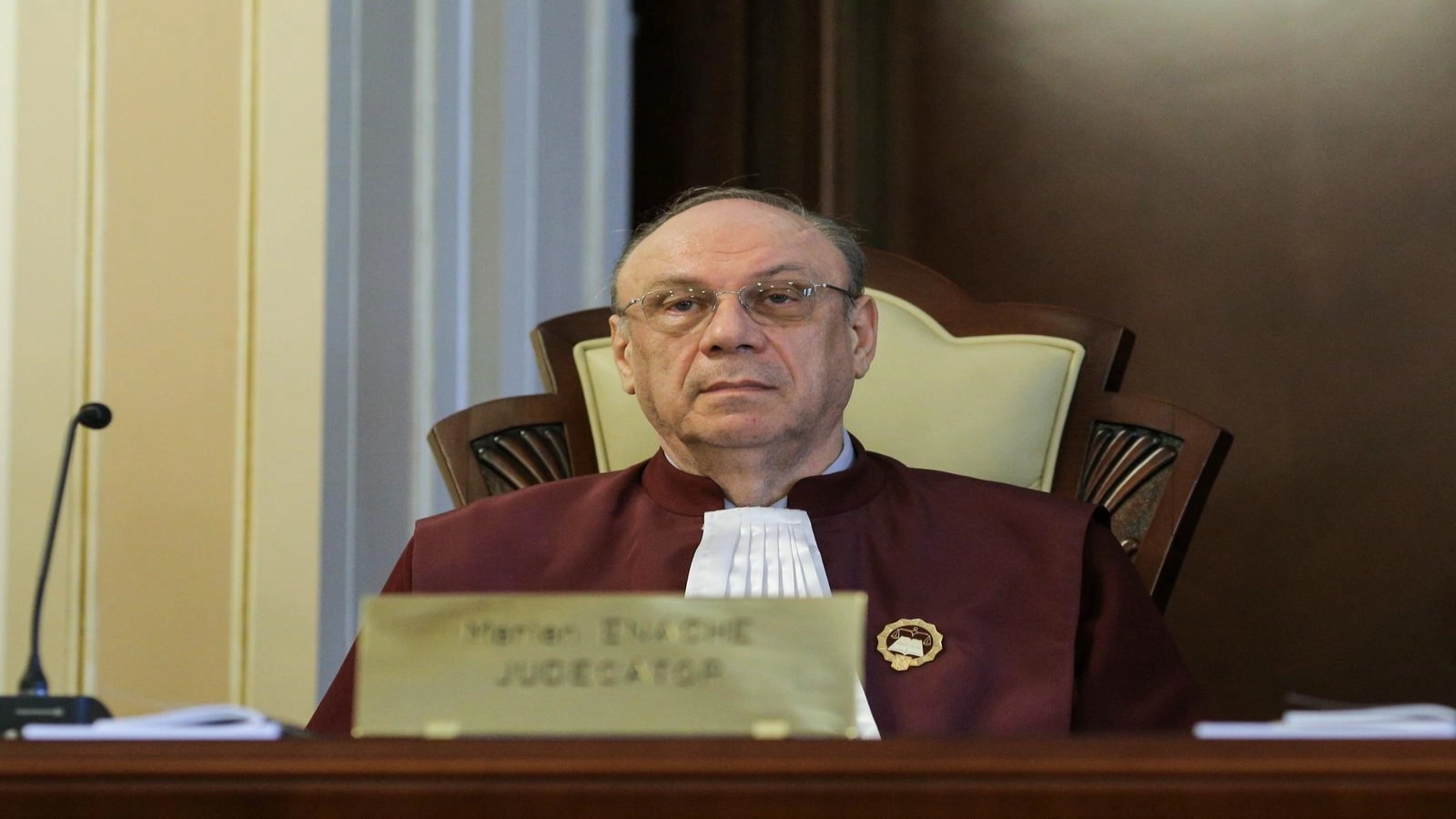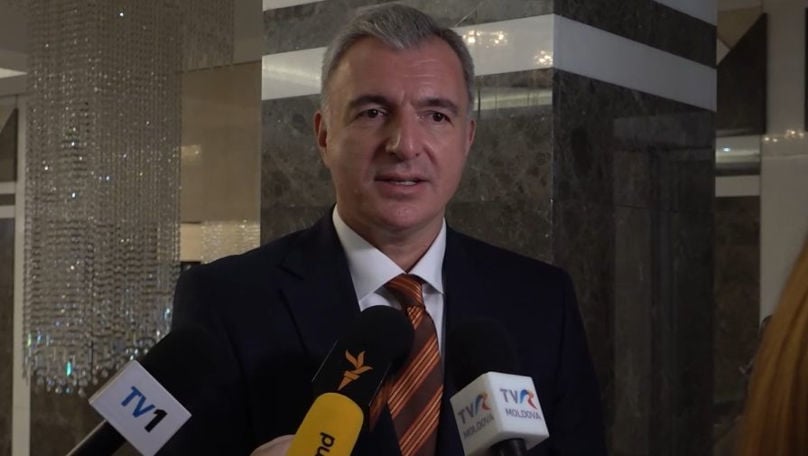The President of the Constitutional Court of Romania (CCR), Marian Enache, pleaded on Thursday for the development, in collaboration with the Romanian Academy, of a study aimed at determining and quantifying the state of constitutionality of the Romanian society, in the context in which "enough years have passed" since the adoption of the current Constitution in 1991, told Agerpres.
The President of the CCR participated in the launch, by the Legal Research Institute of the Romanian Academy, of the project "Constitutional Tradition and Perspectives of Constitutionalism in Romania," dedicated to the 100th anniversary since the adoption of the Romanian Constitution, in March 1923, in the "Ion Heliade Radulescu" Amphitheatre of the said institution.
"If we were to measure today the state of constitutionality of the Romanian society, in which the Constitutional Court of Romania has the role of a barometre, it would be useful to prepare a study, in which, by capitalizing on the theoretical knowledge in the sphere of constitutional law, on the history of the Romanian political-legal institutions, as well as the jurisprudence of the Constitutional Court, to determine and quantify the state of constitutionality of the Romanian society, especially since enough years have already passed since the adoption of our Constitution," said Enache, at the Library of the Romanian Academy.
Marian Enache showed that the study is to be carried out in collaboration with the academic forum, with the researchers of this institution, together with the specialists from the Constitutional Court.
"In this respect, I discussed the matter with the President of the Academy, Professor Dutu, with other specialists and professionals, in order to jointly carry out this necessary and wanted study by the civil society. It will be a study that will involve interdisciplinary research, historical, sociological, political and, of course, legal research studies. As far as I am concerned, as a constitutional judge, regardless of the proportion of traditionalism or innovation of a constitution, I believe that the interpretation and application of any constitution must be based on the people's level of trust in that constitution, which should treat equally all citizens of a country, free citizens with full rights, instead of just meaning a formalist, ethnicist and populist constitutionalism, degraded forms of constitutional democracy," Marian Enache also said.
At the opening of the event, the President of the Romanian Academy, Academician Ioan-Aurel Pop, highlighted the Roman origins of the Romanian law.
"In the issue of Romanian law and constitutionalism, there are certain prejudices. For there are always some prejudices and the prejudices work against us. That is, they say that the Romanians made their constitution late, that in 1923 we achieved an extraordinary thing, let's make a European constitution, but totally inspired by foreign models, because in 1866 we were under Ottoman suzerainty and that is not a true constitution of an independent state," said Ioan-Aurel Pop.
He mentioned that other comments remind us that it is the Belgian model that we applied, as dominant, in 1866, along with others.
"Or that the Organic Regulations, 1831-1832, were made under Russian rule... Which is true, but they were made by two committees of boyars from Wallachia and Moldova, not by the Russians. And it is also true that Pavel Kiseleff did then, in Wallachia and Moldova, what he could not do at home, experimenting with principles of European law. (...) But should we think that our law, in its roots, has nothing to do with this land? Well, as a medievalist historian, I will tell you that the old Romanian law does not have its roots in the law of other peoples, as it is often said, but primarily in the Roman law, and that is why I always insist that the Roman Law should be taught at law schools. For I hear that it is optional and it keeps being removed, it keeps getting reduced, while some believe it's better without it," the President of the Academy also pointed out.
The head of the Legal Research Institute "Acad. Andrei Radulescu," University Professor Mircea Dutu, PhD, presented the project dedicated to the "Constitutional Tradition and the Perspectives of Constitutionalism in Romania," by showing that it will consist of a cycle of monthly conferences, with its conclusions to be presented during an event that will take place on March 29, 2023, or around that date. The related works will be published in a special volume, under the auspices of the Romanian Academy Publishing House.
"The 1923 Constitution has no representative study. If you search in the libraries, you will find only two volumes in which Alexianu and another collective commented on the text of that constitution, and in 1985, if I am not mistaken, a lady historian wrote about 250 pages on the Constitution of 1923, correct me if I'm wrong? And there is nothing else. So where are the legal historians? Who do we expect to do analysis? I don't think that the foreign doctrine will be interested or if it is, it will do it from the perspective of its own interests," said Mircea Dutu.
Conceived according to the model of the 23 lectures organized in 1921-1922 by the Romanian Social Institute, which aimed to prepare the adoption of the fundamental law from 1923, the current project aims to deepen Romania's constitutional tradition and highlight the current dimensions and the prospects for the affirmation of constitutionalism in our country.
































Comentează